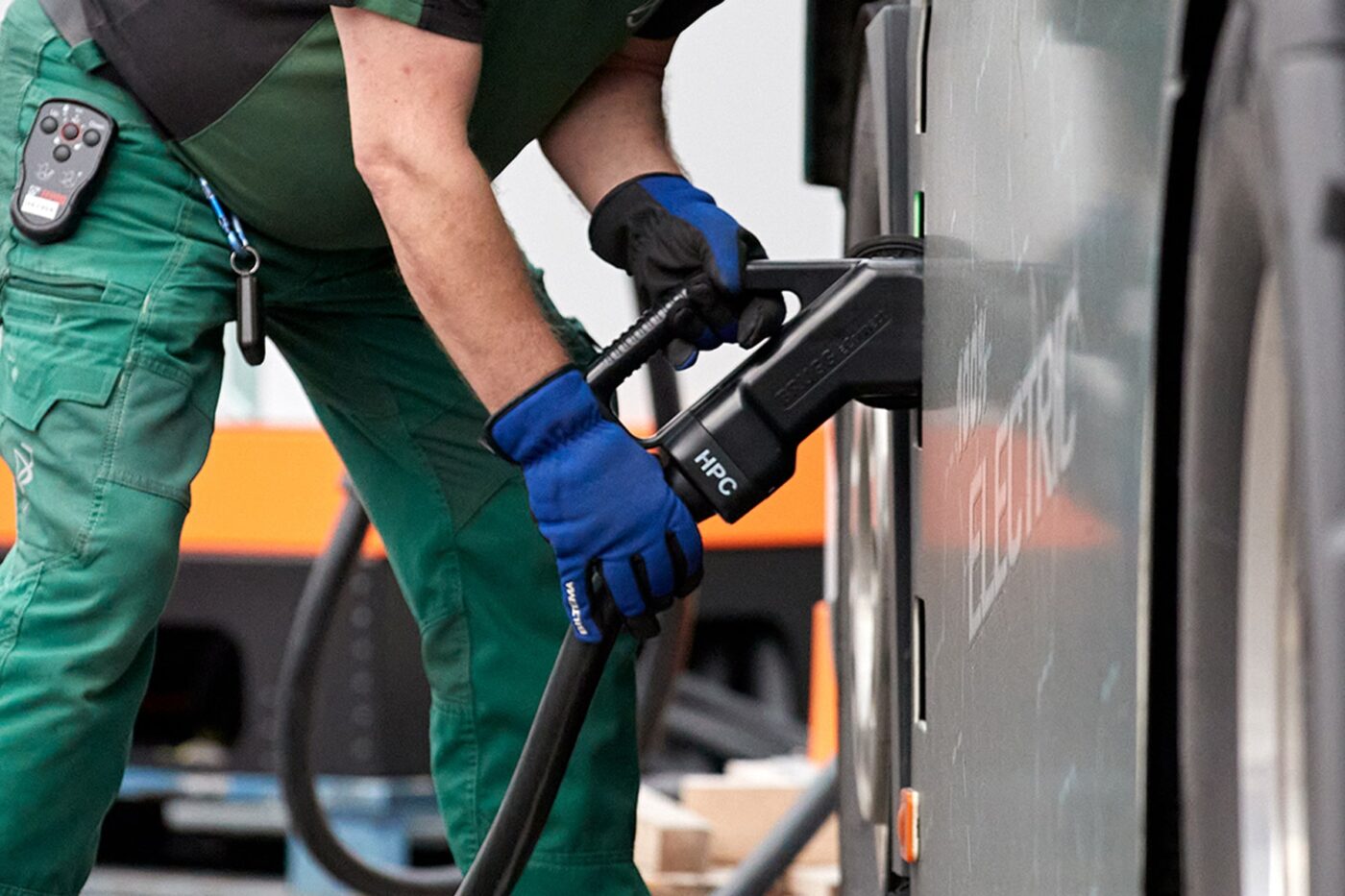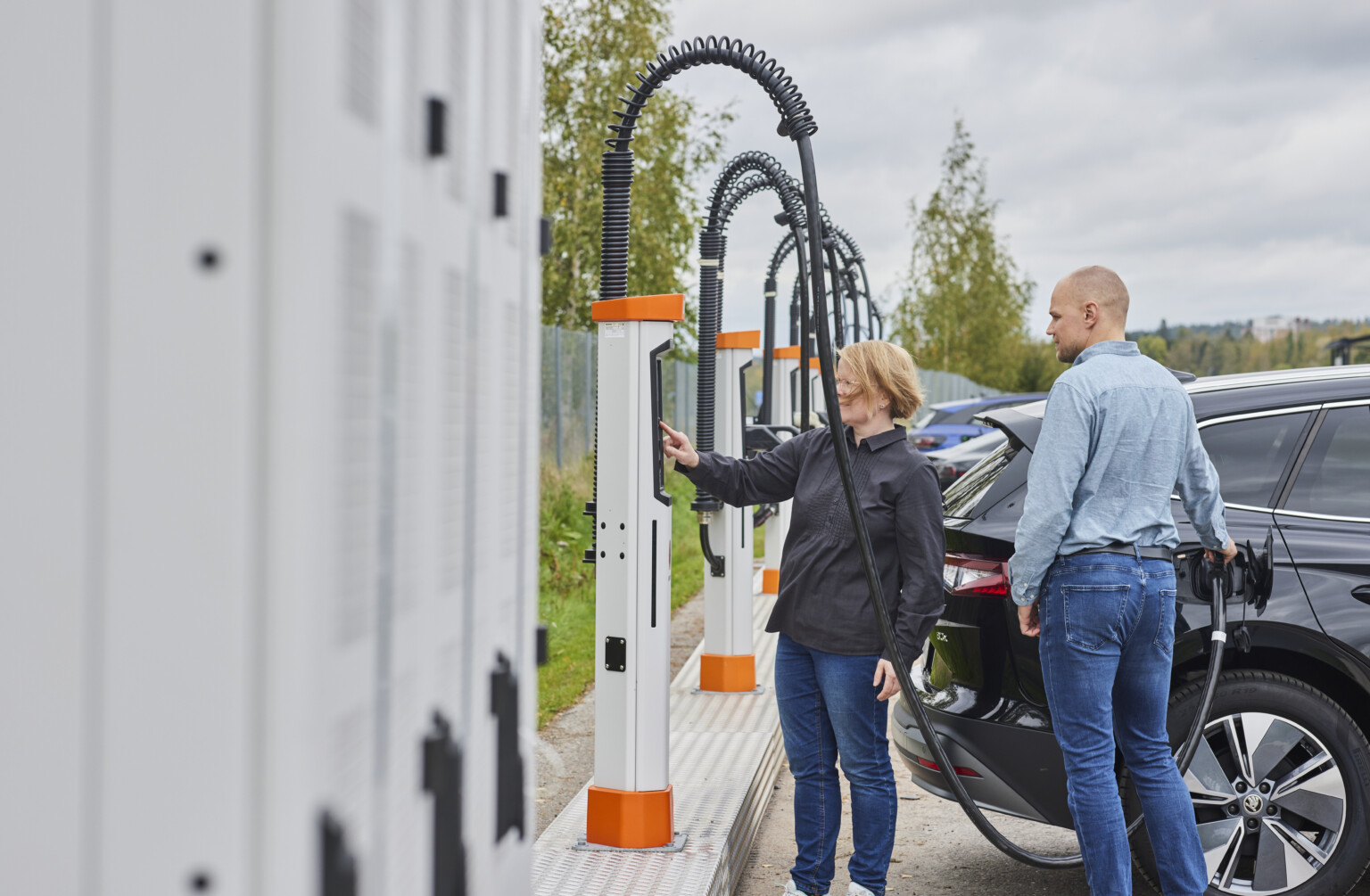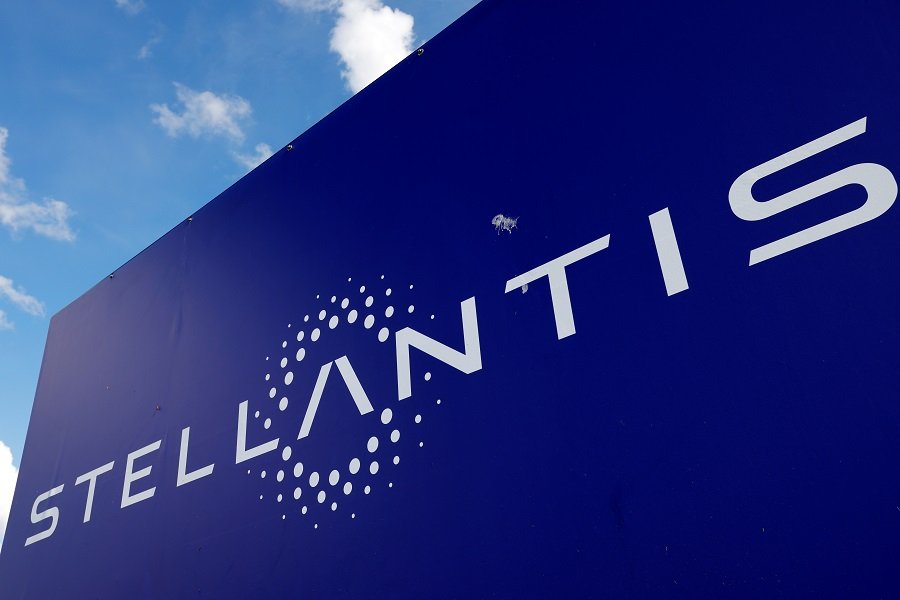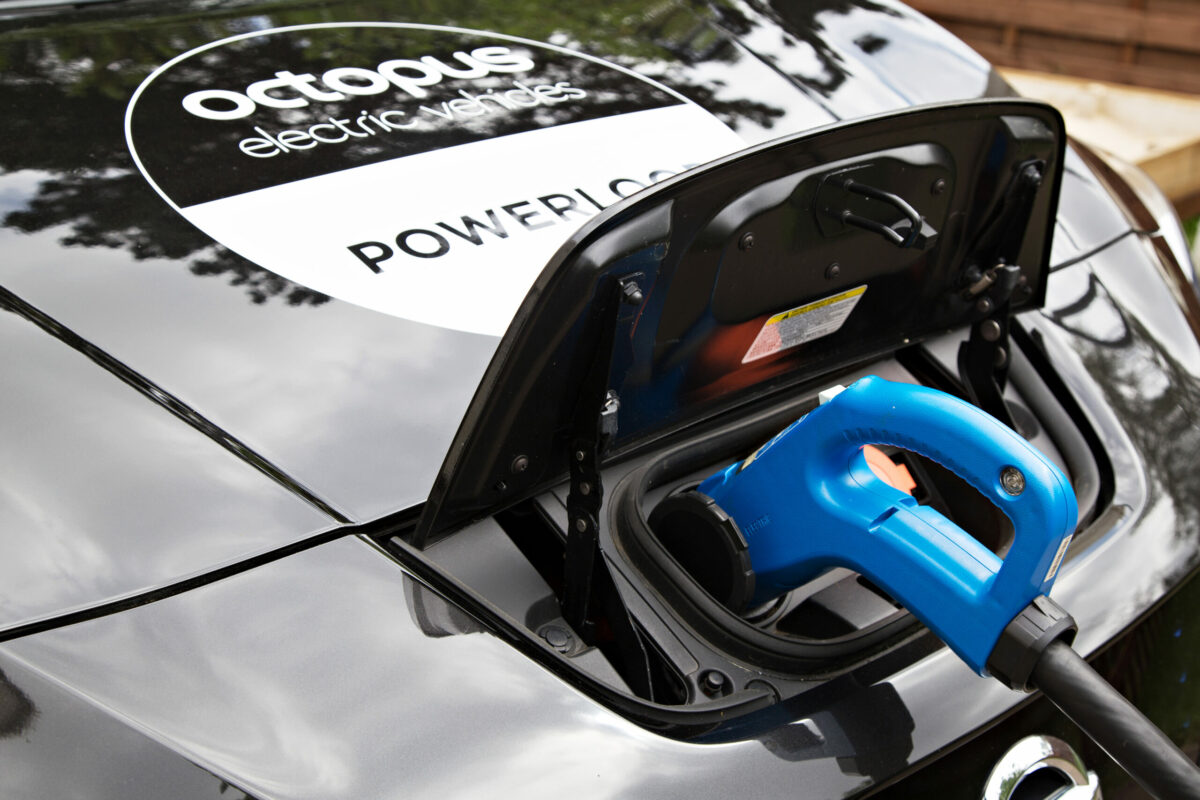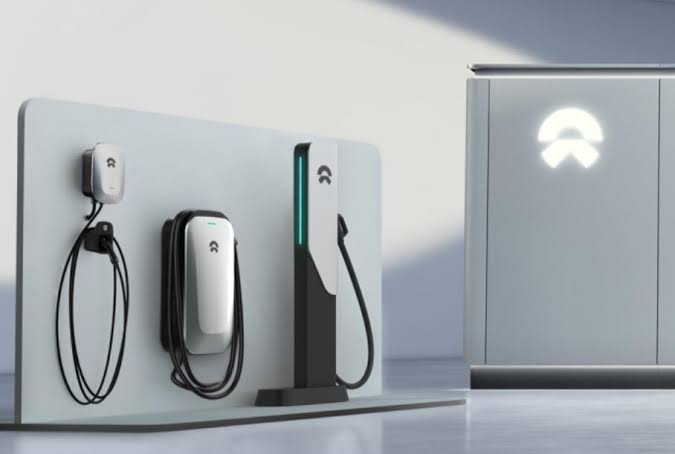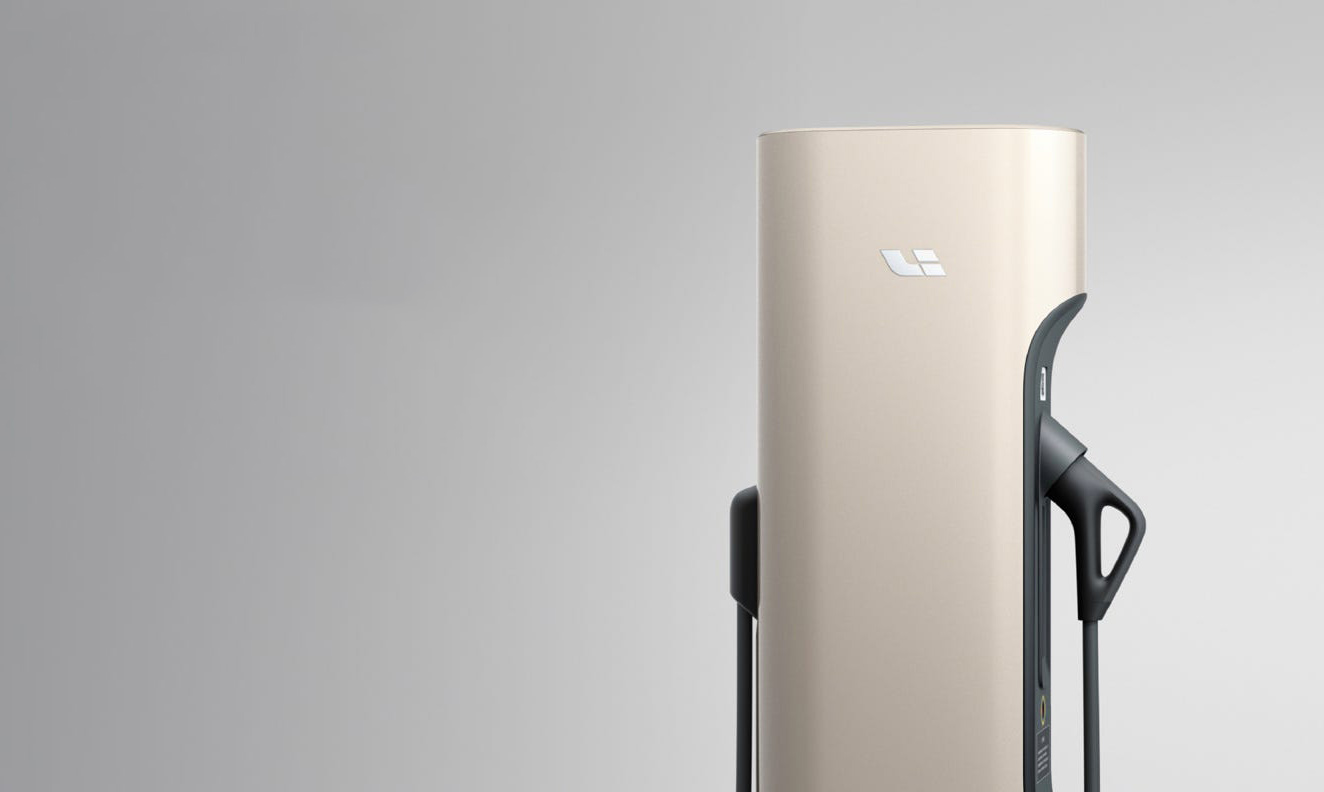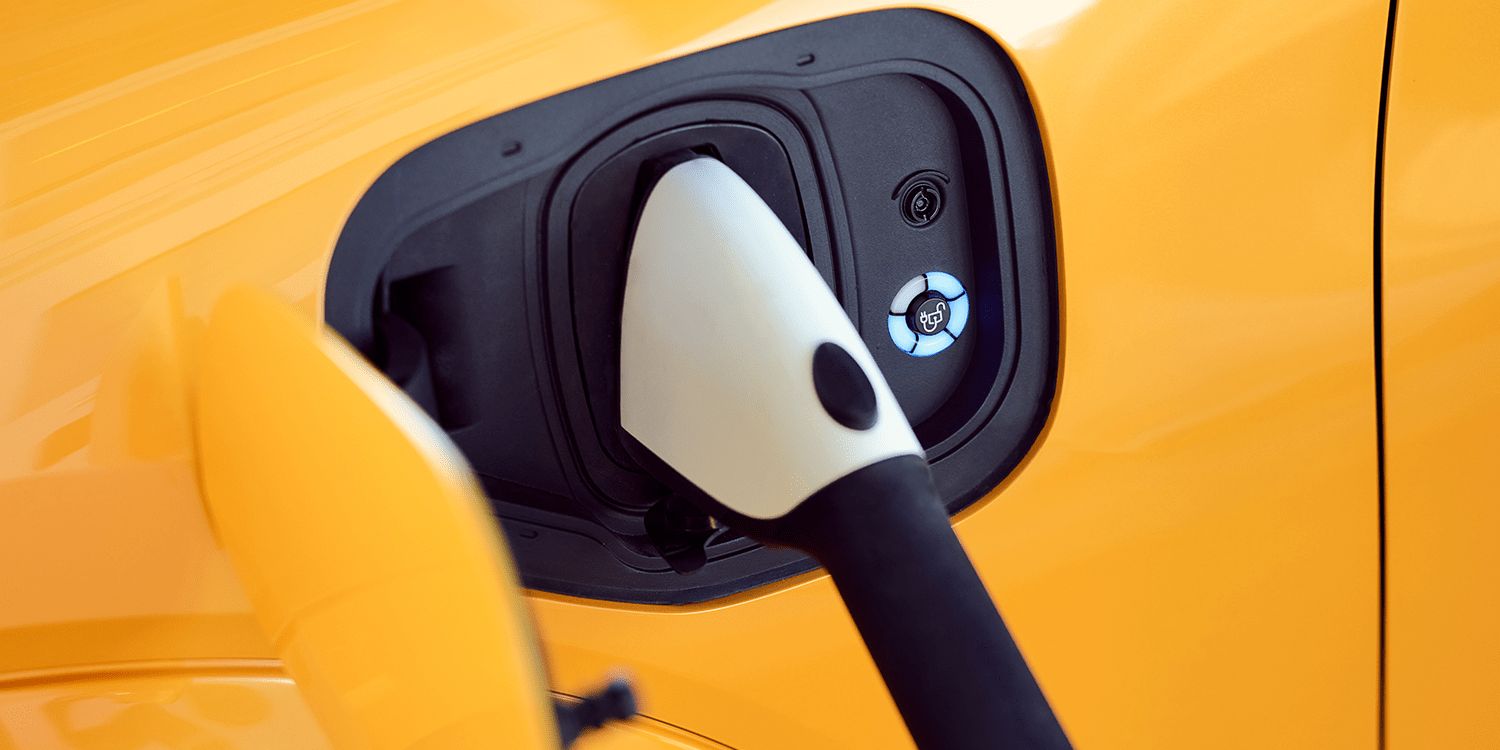German logistics firm TST has unveiled plans to invest €150 million in collaboration with local utility EWR to establish fast-charging stations for electric lorries across Germany. According to a report by Handelsblatt magazine, the joint venture, named PVSM Energy, aims to construct 41 charging stations along the country’s main motorways by the end of 2025. These stations will be equipped with large batteries capable of storing up to three megawatts of green electricity, enabling charging powers of up to 400 kW.
“EWR announced in December that it had founded a JV with TST to combine ‘expertise in the expansion of renewable energies with a business model for solar power production, battery storage and charging infrastructure’,” stated TST founder and Managing Director, Frank Schmidt.
The venture marks a strategic move by TST and EWR to leverage their combined expertise in renewable energy expansion and infrastructure development. While specific infrastructure plans were initially undisclosed, the recent revelation outlines a timeline for the installation of the first e-truck fast chargers near key motorways. The inaugural station is scheduled to commence operations in Worms in May 2024.
“We will also open up access to our charging network to third parties,” Schmidt added, highlighting the inclusive nature of the project. This commitment aligns with TST’s broader initiative to transition its fleet to electric vehicles (EVs), with ongoing electrification efforts in collaboration with manufacturers such as Daimler Truck and Scania.
See also: Einride Unveils First Electric Truck Charging Park in Sweden
The scarcity of charging stations for electric trucks on long-haul routes has posed a significant challenge in the industry. However, initiatives like the TST and EWR project, along with the Milence truck charging joint venture involving Daimler Truck, the Volvo Group, and Traton, are poised to address this gap gradually. Milence’s ambitious plan to establish 1,700 lorry charging points across Europe is expected to further accelerate the adoption of electric trucks in the region.
Despite the current scarcity, notable examples exist, such as Aral Pulse’s corridor along the Rhine-Alpine route, which boasts strategically positioned charging stations at depots. Similarly, Shell has deployed a charging station suitable for lorries at the port of Hamburg. These advancements underscore the evolving landscape of electric vehicle infrastructure, signaling a gradual transition towards sustainable transportation solutions in the commercial sector.

